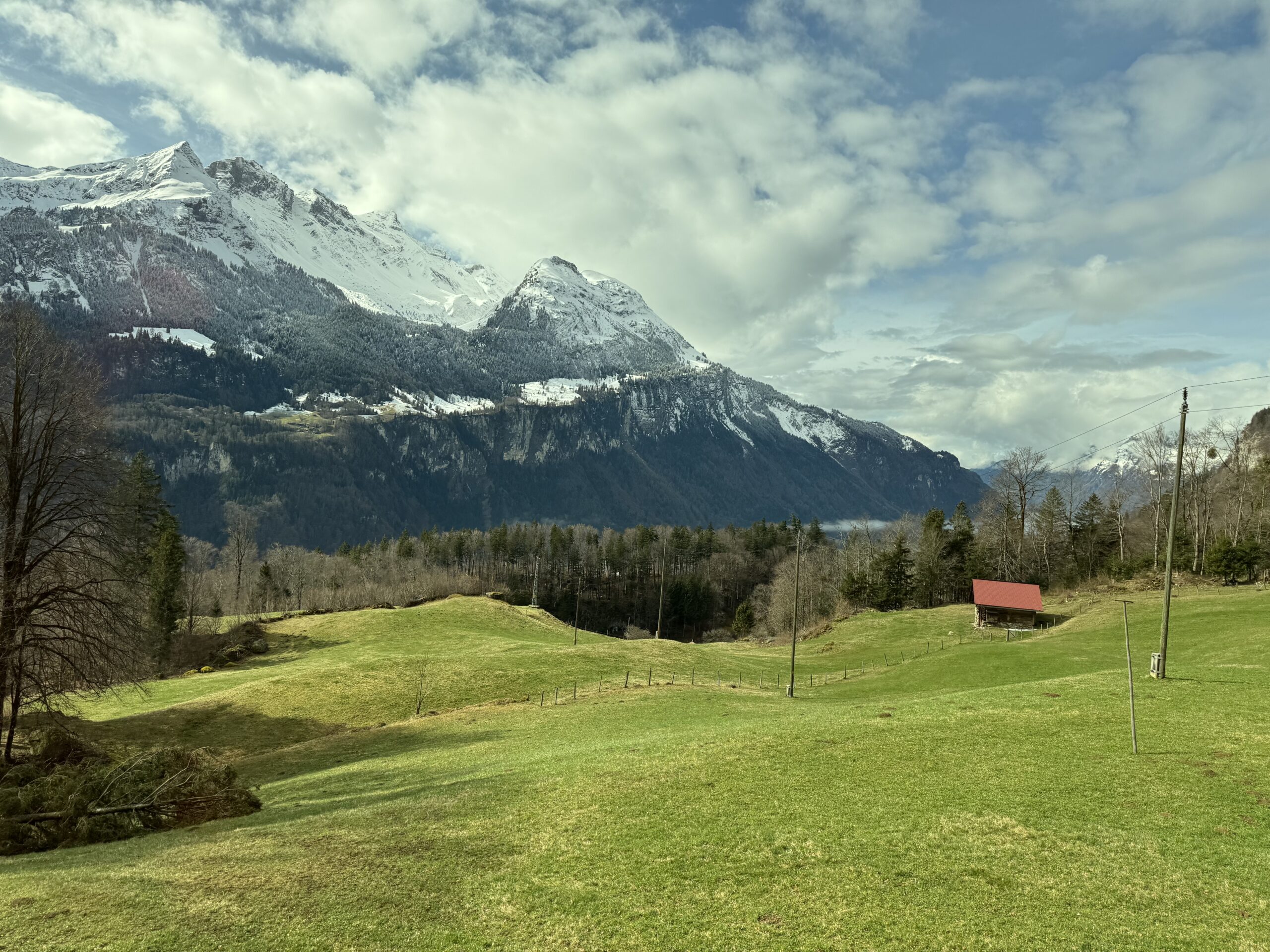
As a physician, I know how hard it is to step away from the demands of medicine. But when I finally took a break, the Azores reminded me why rest matters. Picture volcanic landscapes, natural hot springs, and ocean views that force you to slow down. Whether you want adventure or pure relaxation, timing makes all the difference. The best time to visit Azores depends on what you need—mild weather for hiking, calm seas for whale watching, or quiet escapes from the chaos of daily life. Let’s find the perfect season for your well-earned getaway.
How the Seasons Feel
The Azores don’t do extreme weather. No brutal summers or harsh winters. But each season has its own personality.
Spring (March to May) is when the islands wake up. Hillsides explode with flowers, whales pass through on their migration, and the temperatures hover in the 60s. It’s beautiful and peaceful, with just the right amount of life in the air.
Summer (June to August) is the high-energy season. Think warm breezes, festival-packed streets, and ocean temperatures perfect for swimming. It’s also the busiest time, so expect more tourists and higher prices.
Fall (September to November) is the underrated gem. The weather still feels like summer, the ocean stays warm, but the crowds thin out. You get all the perks without the hustle.
Winter (December to February) slows everything down. There’s a bit more rain, but also misty mornings, steaming hot springs, and quiet hikes. It’s the season for people who want a true escape.
So what’s the best time to visit the Azores? If you love sunshine and don’t mind company, summer is your season. If you prefer space to breathe, spring and fall are perfect. And if you want an off-the-grid kind of trip, winter might surprise you.
What Kind of Break Do You Need?
Some vacations are about adventure. Others are about doing absolutely nothing. So when you’re trying to figure out the best time to visit Azores, you can do both.
If you love hiking, go in spring or fall when the weather is cool and the trails aren’t crowded. I learned the hard way that hiking in summer can be brutal. One afternoon, I set out thinking I’d get a nice, breezy trek. Instead, the sun turned the path into a personal oven, and I ran out of water halfway up. Regardless, the path around Lagoa do Fogo is a must, and the views are unreal.
If you just want to relax, winter is perfect. Picture yourself soaking in a natural hot spring while the steam rises around you. No agenda, no rush.
If swimming, surfing, or boating sounds more like your thing, summer is the way to go. The ocean is warm, and there are plenty of ways to be out on the water.
Slow Mornings, Good Food, and a Bit of Local Flavor
Life in the Azores moves at a different pace. No one’s rushing through breakfast, and coffee is meant to be enjoyed, not grabbed on the go. Back home, my ‘breakfast’ is usually a protein bar inhaled during a charting session. But in the Azores, I found myself sitting at a café, watching locals sip espresso like they had all the time in the world. At first, I felt restless. Then I realized: this was the whole point.
If you visit in May, you might catch the Festas do Senhor Santo Cristo, a massive celebration with music, parades, and a contagious energy. And if you’re into food, don’t leave without trying Cozido das Furnas. It’s a slow-cooked stew buried in volcanic soil until it’s impossibly tender. It sounds dramatic, but it’s just how they do things here.
Getting There and Where to Stay
Ponta Delgada, on São Miguel Island, is where most flights from Boston and New York land. It’s a good starting point, with plenty of cozy guesthouses and boutique hotels. If you’re the kind of person who likes mixing work with travel, keep an eye out for medical conferences happening on the islands. There’s something oddly satisfying about getting CME credits somewhere this beautiful.
Bottom Line
So when is the best time to visit Azores? It depends on what you need. Summer is lively and full of energy. Spring and fall give you great weather without the crowds. Winter is peaceful and slow. No matter when you visit, the Azores have a way of making you forget about work for a while. And honestly, isn’t that the whole point?





Leave a Reply
You must be logged in to post a comment.